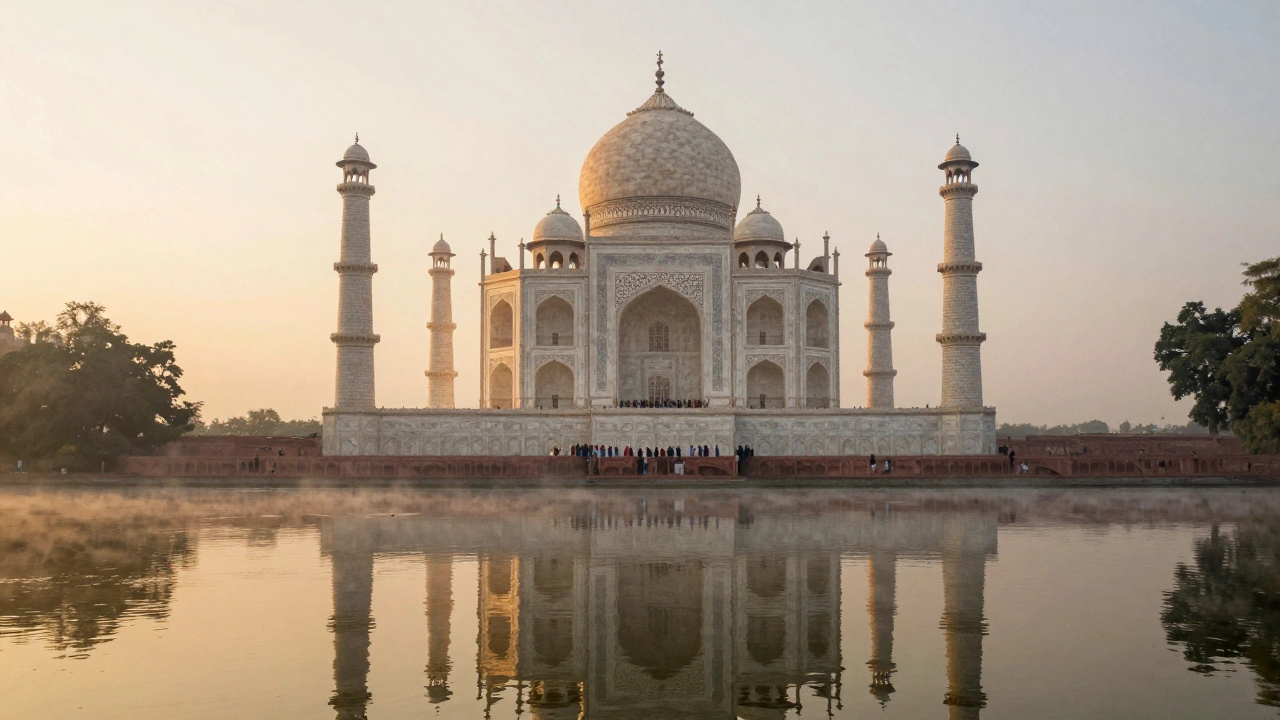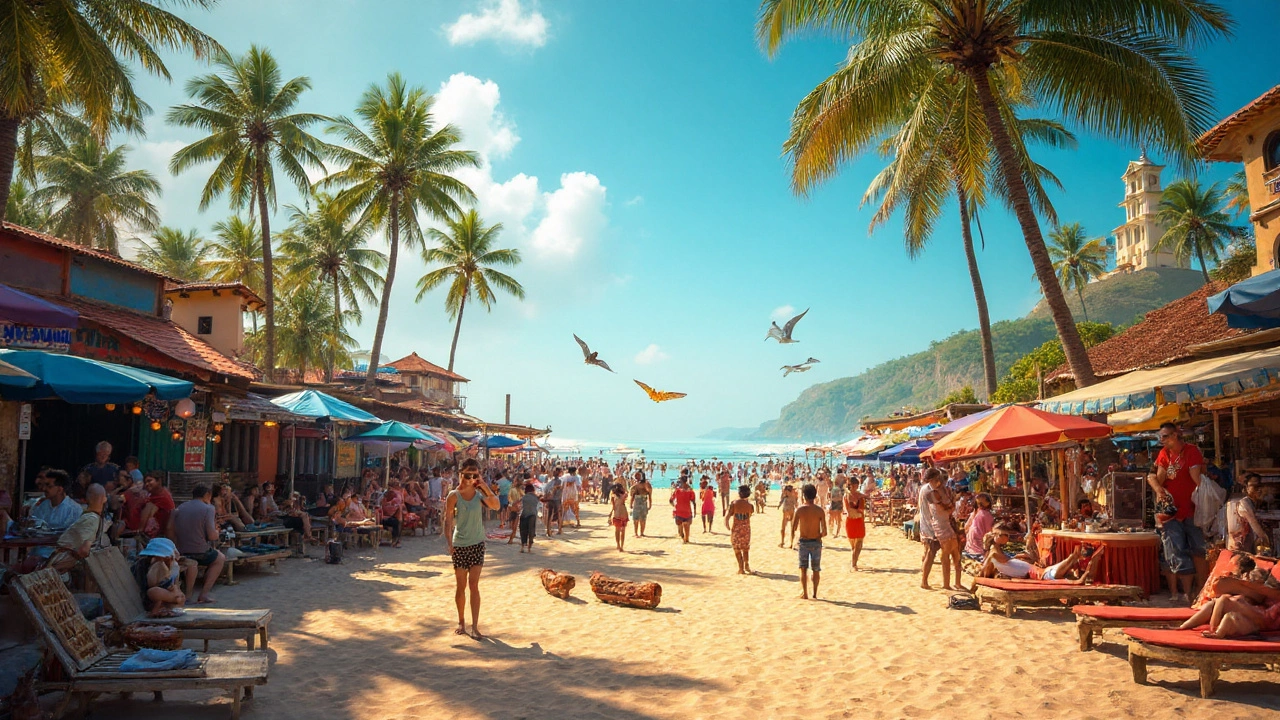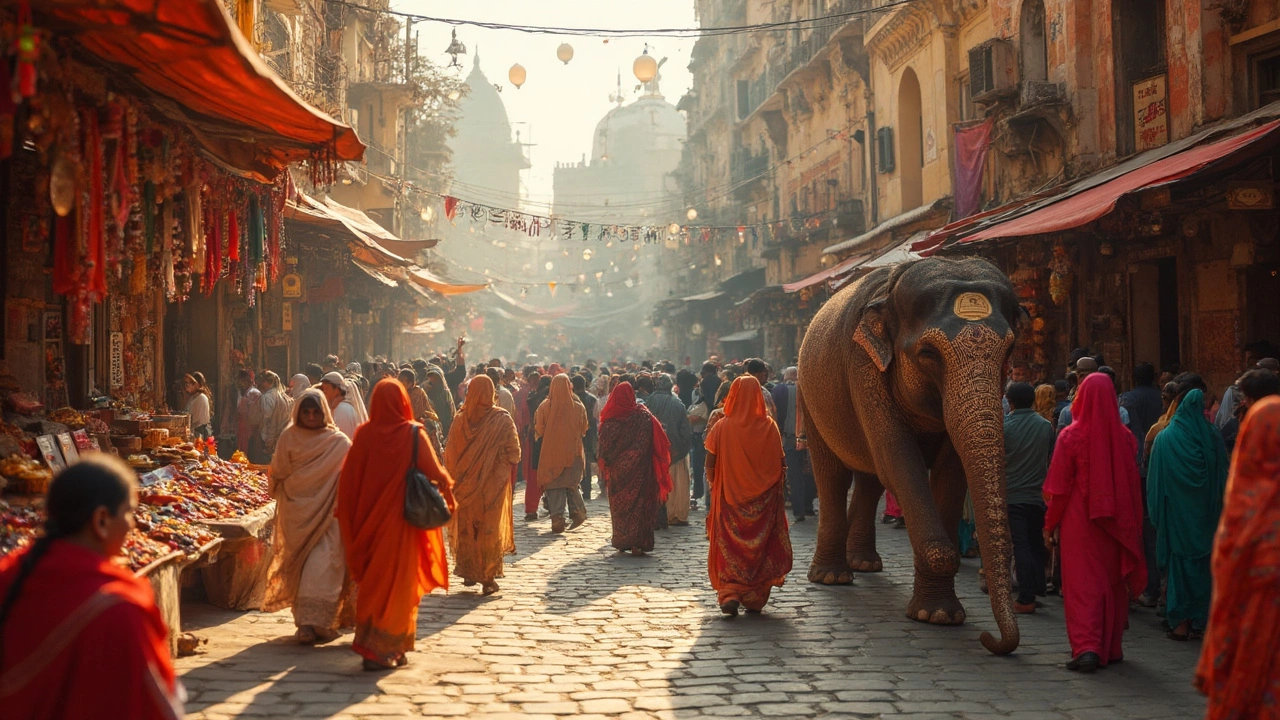Foreign Tourists in India: What You Need to Know Before You Go
When you’re a foreign tourist in India, a traveler from outside the country visiting for leisure, culture, or adventure. Also known as international visitor to India, it means you’re stepping into one of the most diverse, chaotic, and beautiful travel destinations on earth. This isn’t just another vacation—it’s a full sensory experience, from spicy street food to silent Himalayan trails, from bustling Mumbai streets to ancient temple courtyards. But if you’ve never been here before, you might not know what to expect beyond the postcards.
One thing that comes up again and again? India travel safety, how secure and comfortable foreign visitors feel navigating cities, transport, and remote areas. Also known as travel security in India, it’s not about fear—it’s about awareness. Mumbai is generally safer for solo travelers and families than Delhi, where pickpocketing and aggressive touts are more common. But both cities are fine if you know the basics: avoid unmarked taxis, keep your phone tucked away, and don’t flash cash. And yes, you’ll get asked for money—often. A polite "no thank you" works better than arguing.
Then there’s the Indian visa for foreigners, the official permit required for entry, now mostly issued as an e-Visa for most nationalities. Also known as India e-Visa, it’s simple to get online, takes under 72 hours, and costs less than $100 for most travelers. Don’t wait until the last minute. Apply at least two weeks before departure. And don’t believe anyone who says you need a visa agent—they don’t add value. Just use the official government site.
Food is another big concern. cultural etiquette India, the unwritten rules around dress, behavior, and interaction in temples, homes, and public spaces. Also known as Indian customs for visitors, it’s not about being perfect—it’s about showing respect. Cover your shoulders and knees before entering temples. Remove your shoes. Don’t point your feet at people or religious objects. And if someone offers you food, say yes—it’s a sign of welcome. Street food? Go for the busy stalls. Crowds mean turnover. Hot oil, fresh ingredients, and a cook who’s been doing this for 30 years? That’s your safest bet.
You’ll hear about vaccinations, Uber availability in Goa, the best beaches, and whether you need a guide for trekking. All of it’s covered in the posts below. No theory. No fluff. Just real experiences from people who’ve done it. Whether you’re planning a beach holiday, a temple tour, or a 4,500-kilometer Himalayan trek, you’ll find the practical tips you actually need.


